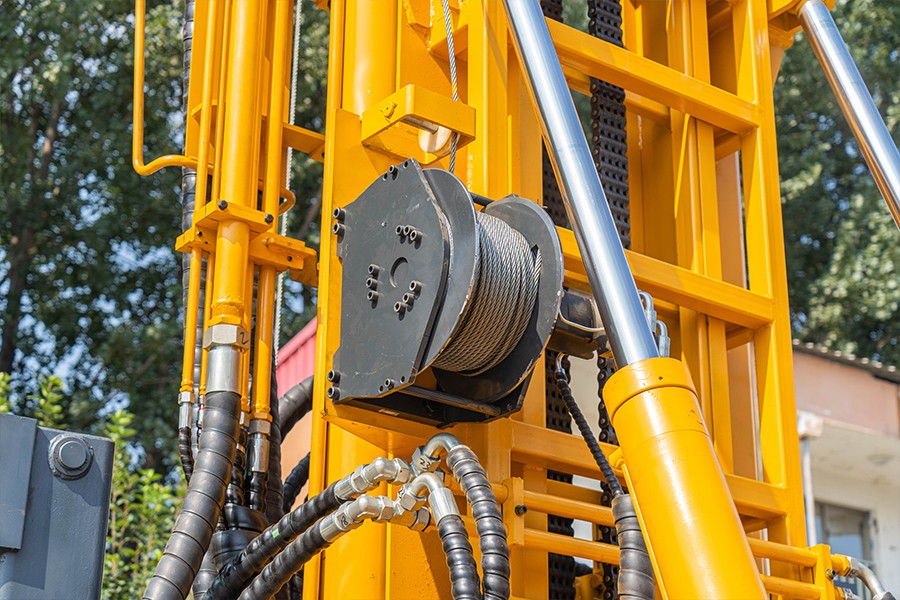
1. Identify Your Needs
Understand the specific requirements of your project. Consider the type of terrain, drilling depth, and diameter. Knowing your needs helps in selecting the right rig.
2. Set a Budget
Determine a budget that balances cost and quality. Investing in a durable rig can reduce long-term expenses.
3. Research Options
Look into different manufacturers and models. Read reviews and compare features like drilling speed, power source, and portability.
4. Request Quotes
Contact suppliers for detailed quotes. Compare prices, warranties, and after-sales support. Check for additional costs like shipping and installation.
5. Inspect the Rig
If possible, inspect the rig in person or request a virtual demo. Check the build quality and ease of operation.
6. Review Warranty and Support
Ensure the rig comes with a good warranty and reliable customer support. Ask about spare parts availability and technical assistance.
7. Finalize the Purchase
Once you’ve made your choice, finalize the purchase. Ensure all terms are clearly outlined in the contract.
8. Plan for Training
Arrange for operator training to ensure safe and efficient use of the rig. Proper training minimizes operational risks.
9. Deploy Efficiently
Plan the deployment carefully to integrate the new rig smoothly into your project.